Drawn to childhood, the old man will seek it in a thousand different ways
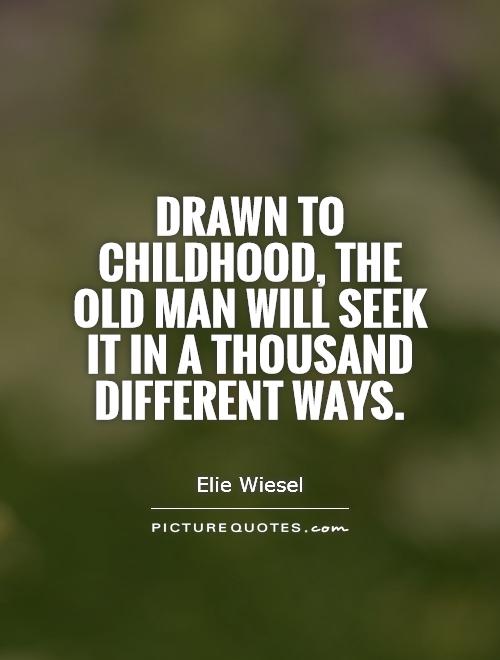
Childhood QuotesThe Old Man QuotesDifferent Way QuotesOld Man QuotesDifferent Ways QuotesElie Wiesel Quotes
Drawn to childhood, the old man will seek it in a thousand different ways
Elie Wiesel, a Holocaust survivor and Nobel laureate, was a man who was deeply connected to his childhood. The horrors he experienced during his time in concentration camps as a young boy left an indelible mark on him, shaping his worldview and influencing his work as a writer and activist. Despite the trauma he endured, Wiesel never lost touch with the innocence and purity of his childhood, and this connection to his past played a significant role in his life and work.Wiesel often spoke about the importance of remembering and honoring the experiences of children during the Holocaust. He believed that children were the most vulnerable and innocent victims of the atrocities committed by the Nazis, and he dedicated much of his writing and activism to ensuring that their stories were not forgotten. In his memoir, "Night," Wiesel vividly describes the loss of innocence and the destruction of childhood that he and other young prisoners experienced in the camps. He writes about the ways in which the horrors of the Holocaust robbed him and his peers of their childhoods, forcing them to grow up too quickly and confront the harsh realities of life and death.
Despite the darkness of his past, Wiesel never lost his sense of wonder and curiosity about the world. He was drawn to childhood in a thousand different ways, seeking out moments of joy and innocence wherever he could find them. Whether through his writing, his activism, or his interactions with others, Wiesel always carried with him a deep appreciation for the beauty and simplicity of childhood. He believed that by connecting with the innocence and purity of childhood, he could find a sense of hope and renewal in the face of despair and suffering.
In his later years, Wiesel continued to draw inspiration from his childhood, using his experiences as a source of strength and resilience. He believed that by embracing the memories of his youth, he could find a sense of purpose and meaning in his life. Wiesel's connection to childhood was a guiding force in his work as an advocate for human rights and a voice for the voiceless. He understood that by honoring the innocence and vulnerability of children, he could help to create a more compassionate and just world for future generations.
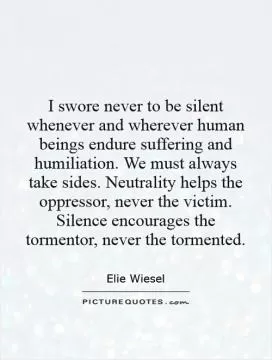
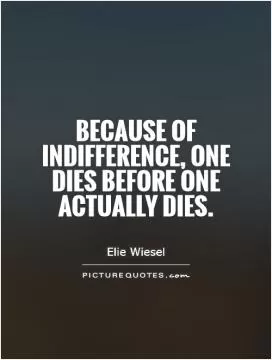



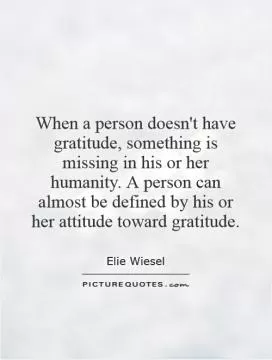
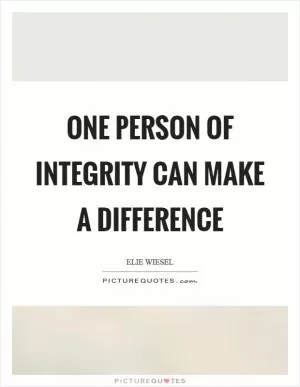
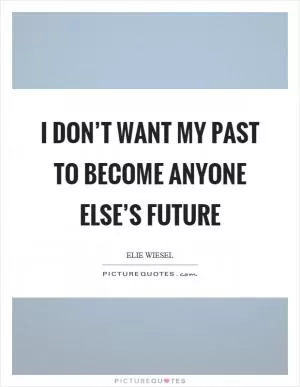
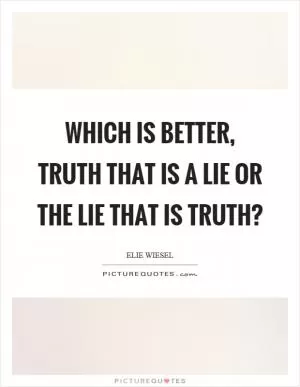
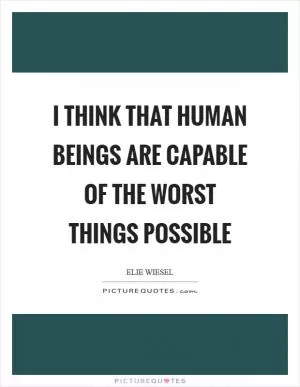
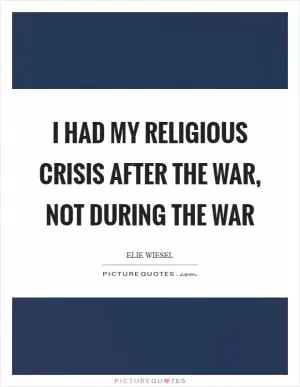
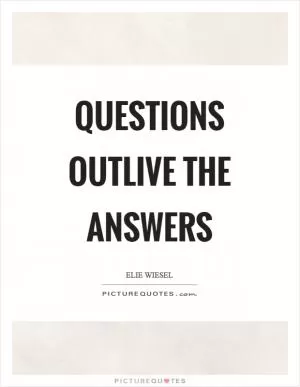
 Friendship Quotes
Friendship Quotes Love Quotes
Love Quotes Life Quotes
Life Quotes Funny Quotes
Funny Quotes Motivational Quotes
Motivational Quotes Inspirational Quotes
Inspirational Quotes